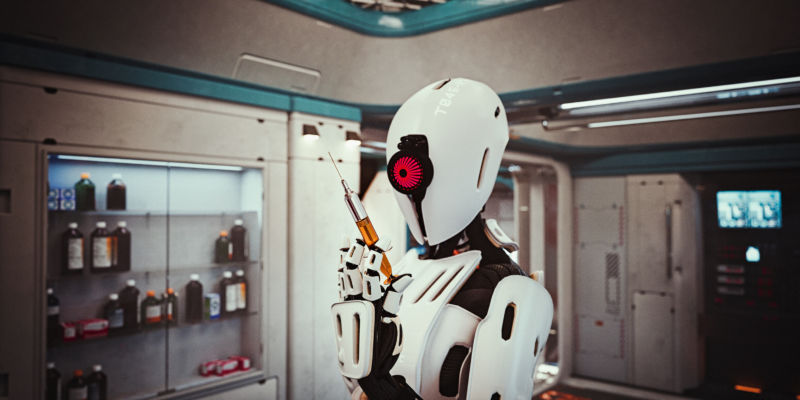
Donald Iain Smith / Getty
Today we're presenting the fourth and final installment of my conversation with Naval Ravikant about existential risks. This interview first appeared in March as two back-to-back episodes of the After On Podcast (which features fifty unhurried conversations with world-class thinkers, founders, and scientists). Ravikant is one of tech's most successful angel investors and the founder of multiple startups—including seed-stage investment platform AngelList. Please check out parts one, two, and three of this conversation if you missed them. Otherwise, you can press play on the embedded audio player or pull up the transcript—both of which are below.
The theme of today's installment: there's hope. Yes, really! If there's one thing that any religious, national, or political mindset should agree on, it's that we don’t want some maniac wiping us all out. This creates an extreme good-guy-to-bad-guy ratio, which itself could be decisive—even if lone destructive actors become massively empowered.
Ravikant and I devote this part of our conversation to sketching the outlines of a global "immune system," which could help fend off countless synbio threats. Some may dismiss this idea as the ranting of two hopeless optimists (although parts 1-3 tend to rebut this). The good news is that I've run variations of our arguments by some of the top minds in synthetic biology, and so far, they've passed muster.
During the discussion, Ravikant talks about how distributed germ detection networks could give synbio's good-guy army precise early warnings about novel pathogens in the biosphere. One of the world's most influential bioengineers, George Church, expanded on that notion in this piece on Ars yesterday. And later on Ars, Humane Genomics founder/CEO Andrew Hessel writes about how bioprinting technology could radically decentralize the creation and distribution of vaccines—pushing the technology to thousands of pharmacies, then to our homes, and perhaps one day, to our very bodies.
Highly distributed threat detection and antidote synthesis would massively harden society to all kinds of synbio mayhem. And the core technology's price-performance curve can power immense progress in these key areas over the years (and hopefully decades) before someone attempts something diabolical with a manmade pathogen.
While the spookier elements of our conversation may naturally stick in more minds, today's excerpt is the most important segment. Synthetic biology is the ultimate dual-use technology. It's poised to bring humanity boundless benefits but is vulnerable to monstrous weaponization. We can address that vulnerability by taking cues from our own bodies and developing an agile, self-training immune system for our biosphere. Both time and the arc of technology are on our side—for now.
This special edition of the Ars Technicast podcast can be accessed in the following places:
iTunes:
https://itunes.apple.com/us/podcast/the-ars-technicast/id522504024?mt=2 (Might take several hours after publication to appear.)
RSS:
http://arstechnica.libsyn.com/rss
Stitcher
http://www.stitcher.com/podcast/ars-technicast/the-ars-technicast
Libsyn:
http://directory.libsyn.com/shows/view/id/arstechnica
Không có nhận xét nào:
Đăng nhận xét